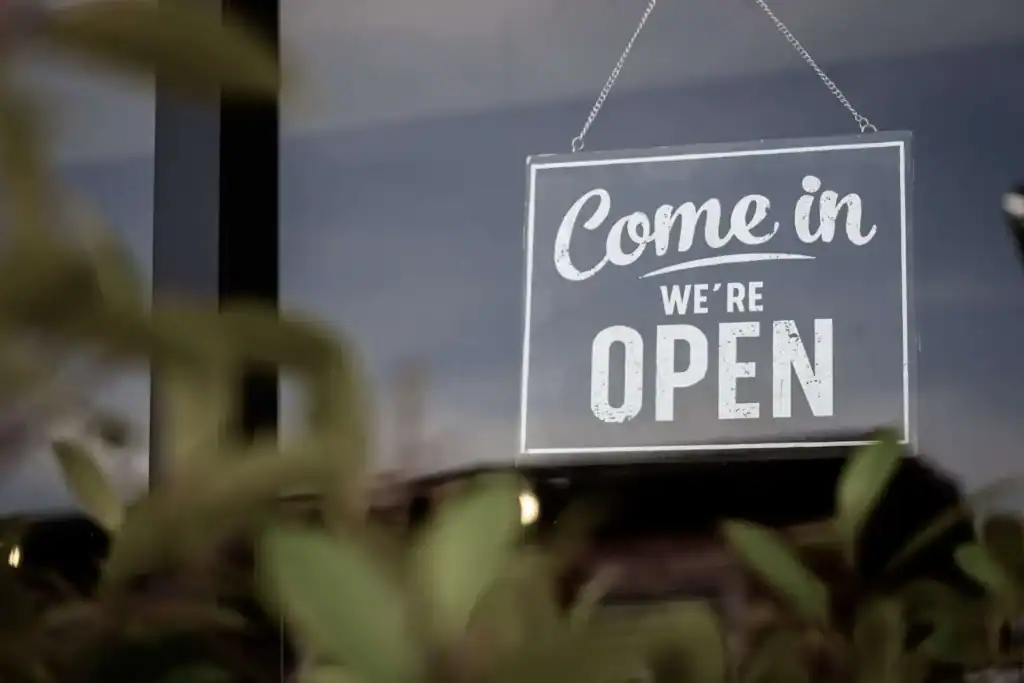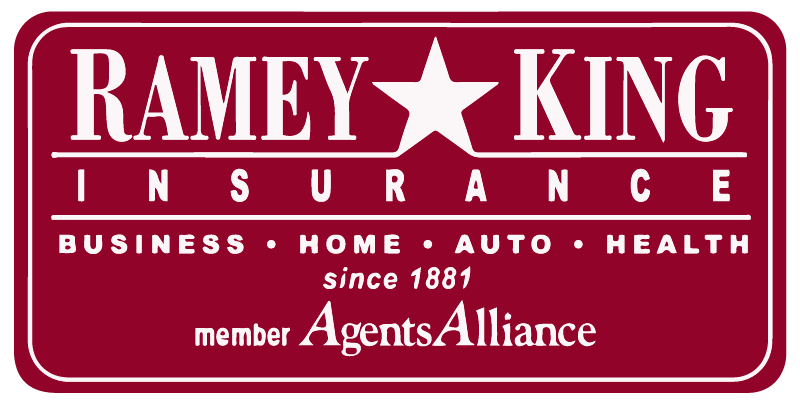
When it comes to protecting your business assets in the Lone Star State, commercial property insurance can play a vital role. Whether you own a retail space in Dallas, a warehouse in Houston, or an office building in Austin, ensuring your property is covered against a range of risks may offer peace of mind and financial security.
At Ramey King Insurance, we understand the unique challenges Texas businesses face—from extreme weather to fluctuating real estate values. This guide covers the essentials of Texas commercial property insurance, helping business owners make informed decisions about their coverage needs.
What is Commercial Property Insurance?
Commercial property insurance is designed to help protect a business’s physical assets, such as buildings, equipment, furniture, inventory, and even outdoor signage. In Texas, this coverage may help mitigate financial loss resulting from common risks such as fire, theft, vandalism, or certain natural disasters.
It’s important to note that not all events are automatically covered, and specific endorsements or additional policies may be required depending on the nature of your business or property.
Why is Commercial Property Insurance Important for Texas Businesses?
Texas presents a unique risk landscape. From hurricanes along the Gulf Coast to hailstorms in North Texas and wildfires in rural areas, businesses across the state face a variety of potential threats. Having commercial property insurance can help protect against costly damages that might otherwise be difficult to recover from.
Additionally, many landlords, lenders, and lease agreements require businesses to carry some form of property insurance. It can also be an important step in protecting your company’s operations and long-term growth.
What Types of Property Can Be Covered?
While policies can vary, commercial property insurance may offer coverage for:
- Owned buildings or leased spaces
- Office equipment and furniture
- Computers and electronics
- Inventory and stock
- Machinery and tools
- Exterior fixtures such as signage or fencing
Some policies may also extend to loss of income due to property damage, though this typically falls under business interruption coverage, which may be bundled or added separately.

How Are Texas-Specific Risks Addressed in Coverage?
Texas businesses must account for region-specific perils. For example, certain weather-related events like floods or earthquakes are not typically included in standard property insurance and may require separate policies or endorsements.
At Ramey King Insurance, we help evaluate which Texas-specific risks may affect your location and suggest ways to address potential coverage gaps. For instance, Gulf Coast businesses may benefit from hurricane or windstorm protection, while North Texas companies may want to consider hail damage endorsements.
How is the Value of Your Property Determined?
Insurers typically determine the value of covered property in one of two ways:
- Replacement Cost (RC): Covers the cost to repair or replace property with new materials of like kind and quality, without deducting for depreciation.
- Actual Cash Value (ACV): Considers depreciation, providing compensation based on the property’s current market value at the time of loss.
Deciding between RC and ACV can impact your premium and the amount you may receive in a claim, so it’s important to review this with your insurance advisor.
What Factors Influence the Cost of Commercial Property Insurance in Texas?
Several variables may influence your premium, including:
- Location: Properties in areas with higher crime rates or severe weather risk may see higher rates.
- Building Characteristics: Age, construction materials, and square footage play a role.
- Usage and Occupancy: A restaurant may carry different risks than a medical office or retail store.
- Security Measures: Sprinkler systems, alarms, and surveillance cameras can affect premiums.
- Coverage Limits and Deductibles: Higher limits or lower deductibles can result in higher premiums.
At Ramey King Insurance, we work with business owners to balance cost and coverage needs, providing options tailored to your unique situation.
Are There Optional Coverages to Consider?
Yes, depending on your business type and property location, you may benefit from optional add-ons such as:
- Flood Insurance
- Windstorm or Hail Coverage
- Equipment Breakdown
- Business Interruption Insurance
- Ordinance or Law Coverage (for bringing damaged buildings up to code)
These additions can enhance your policy’s ability to respond to Texas-specific risks or industry-specific needs.
How Can You Choose the Right Commercial Property Insurance in Texas?
Choosing the right coverage starts with understanding your business’s exposure and financial priorities. Partnering with an experienced Texas insurance agency like Ramey King Insurance can make a big difference.
We’ll help you:
- Conduct a property risk assessment
- Determine appropriate coverage limits
- Identify relevant policy endorsements
- Review multiple quotes from top-rated carriers
- Build a long-term protection plan that can adapt as your business grows
What Should You Do When Filing a Property Insurance Claim?
If your Texas business experiences property damage, the first steps are critical:
- Secure the property to prevent further loss, if it is safe to do so.
- Document the damage with photos and detailed notes.
- Report the loss to your insurance provider promptly.
- Work with your agent to ensure all necessary documentation is submitted.
At Ramey King Insurance, we assist our clients through every step of the claims process, helping you navigate paperwork, adjuster visits, and timelines.

How Can Ramey King Insurance Help with Your Commercial Property Insurance?
With decades of experience serving businesses across Texas, Ramey King Insurance understands the local landscape, industry regulations, and challenges business owners face. We take a consultative approach—getting to know your operations, your risks, and your long-term goals.
Whether you’re insuring a newly purchased building, expanding your operations, or just reviewing your current coverage, we’re here to guide you every step of the way. Reach out to us to get started today!



